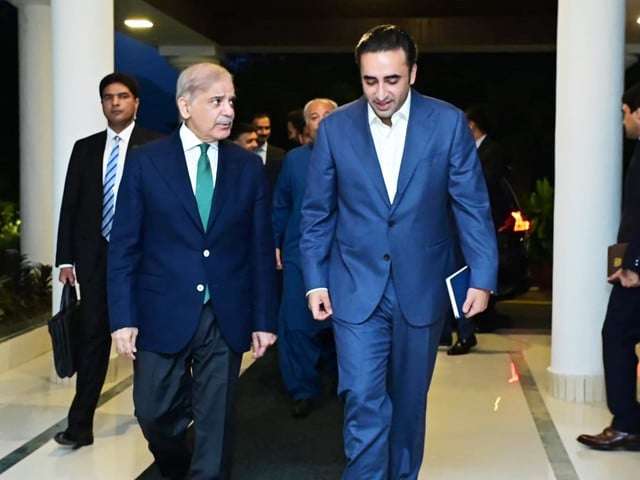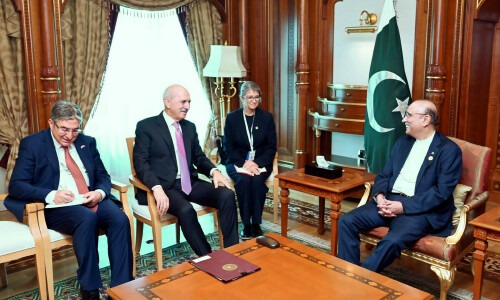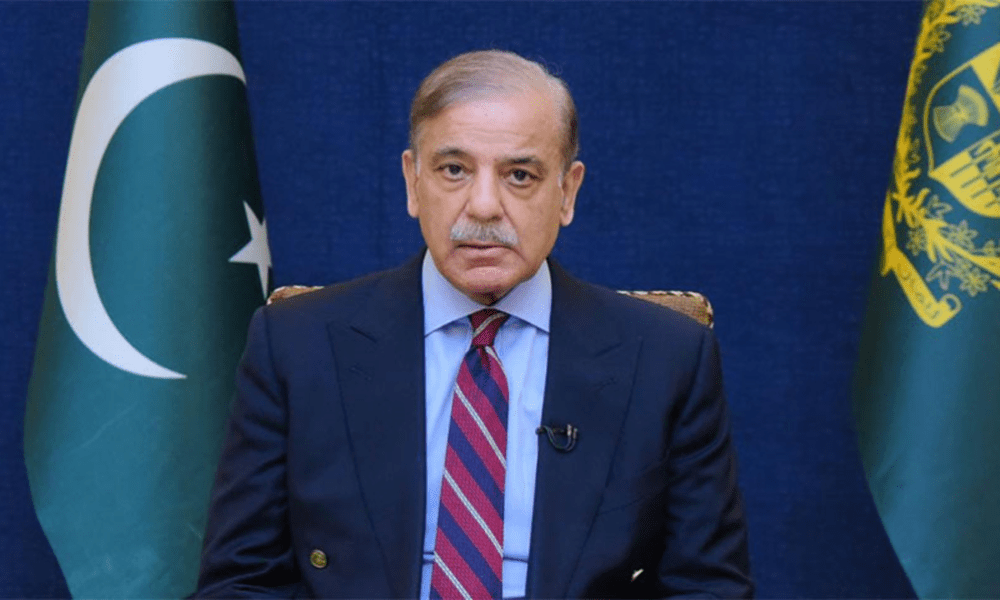Meta Description: PPP leader Shazia Marri warns of the federal government’s collapse if the party withdraws support, citing a lack of consultation and transparency from the PML-N-led government.
Introduction
In recent political developments, Pakistan Peoples Party (PPP) leader Shazia Marri has expressed grave concerns regarding the federal government’s functioning and its strained relations with PPP. The PPP leader’s warning that the government would collapse if the party withdraws its support is a crucial message signaling the challenges facing the current political setup. Marri, speaking on behalf of the PPP, highlighted a lack of trust, transparency, and communication from the ruling PML-N, which has, according to her, been making important decisions without PPP’s consultation.
The Growing Divide: PPP’s Frustration with the PML-N Government
The Lack of Consultation: Key Issues at Stake
The PPP’s discontent stems from several recent decisions made by the federal government without any prior consultation or collaboration with the PPP. Among the most contentious decisions is the establishment of the Pakistan Maritime and Shipping Port Authority, which, according to Shazia Marri, was implemented without informing the PPP or the Sindh government. Marri emphasized that the PPP was kept in the dark about this initiative, despite the significance of such decisions for the provinces and their stakeholders.
The Impact of Non-Consultation on Political Alliances
The PPP’s frustration is not just with the particular issue of the port authority but also with the broader trend of non-consultation on important national matters. Shazia Marri warned that this disregard for PPP’s role in the coalition could jeopardize the federal government’s stability. She pointed out that as long as PPP continues to support the PML-N-led government, it will remain in power. However, once the PPP pulls out, the government’s ability to function would be at serious risk.
PPP’s Demand for National Consensus and Constitutional Governance
Failure to Convene National Interest Council
Another significant issue raised by the PPP leader is the failure to convene the National Interest Council, despite repeated demands from the party. Marri noted that the council had not been convened for over eleven months, which she deemed as a serious violation of constitutional principles. According to the constitution, the Prime Minister is legally obligated to call the Council of Common Interests every three months, and the continued delay is causing alarm within the PPP.
The Need for Consultations on Key National Decisions
Marri called for urgent consultations on major national matters, including the establishment of the Pakistan Maritime and Shipping Port Authority. The PPP leader stressed that decisions on national issues should not be made unilaterally, as such actions could deepen political divisions within the country. She emphasized that all political allies and provincial representatives must be involved in discussions before any decisions are finalized, especially those that have nationwide implications.
Historical Context: The PPP-PML-N Alliance and its Political Fallout
The Political Relationship between PPP and PML-N
The alliance between the PPP and PML-N has been both a source of political cooperation and tension over the years. While the two parties were once arch-rivals, the political dynamics shifted after the rise of the Pakistan Tehreek-e-Insaf (PTI) party. In the aftermath of the 2018 general elections, PPP and PML-N found themselves in an alliance, particularly at the federal level. The coalition was formed to maintain political stability and counter the rising influence of PTI.
However, despite their alliance, the PPP and PML-N have never been on the best of terms, particularly in Punjab. The power struggle in Punjab, once a stronghold for the PPP, has always been a significant factor in their relationship. The PML-N, which has traditionally been dominant in Punjab, has managed to eclipse the PPP’s influence in the province, leading to a tense dynamic between the two parties.
Impact on PPP’s Image in Punjab
PPP’s alliance with PML-N has not been well-received by some of its traditional supporters, particularly in Punjab. Historically, the PPP had been a key player in the province, but the rise of PTI, combined with the PPP’s closeness to the PML-N, has led to disillusionment among some voters. Many in Punjab who once supported PPP have turned their allegiance to PTI, perceiving PPP’s alliance with PML-N as a betrayal of their interests. This shift in voter sentiment has had a noticeable impact on the PPP’s political fortunes in Punjab.
The Future of the PPP-PML-N Coalition: Will It Survive?
A Fragile Coalition: The Role of PPP’s Support
The future of the PPP-PML-N coalition is uncertain, with both parties facing increasing pressure from within their ranks and from external political forces. The PPP’s continued support is crucial for the federal government’s survival, but the growing frustration within PPP suggests that this support is not guaranteed indefinitely. Marri’s warning serves as a reminder to the PML-N-led government that it cannot afford to take PPP’s backing for granted, especially as political tensions rise and the need for consultation becomes more urgent.
Challenges Ahead: Navigating Political Alliances
The PPP faces significant challenges in balancing its alliance with PML-N and maintaining its relevance in Punjab. As the political landscape continues to evolve, PPP will need to carefully navigate its relationships with both the ruling party and its supporters in the provinces. The party’s future success will depend on its ability to manage its role within the coalition while also addressing the concerns of its base in Punjab and beyond.
Conclusion: The Road Ahead for Pakistan’s Political Stability
The growing tension between PPP and PML-N highlights the fragile nature of Pakistan’s political alliances and the challenges of governance in a coalition government. PPP’s demand for greater transparency and consultation is a call for a more inclusive and constitutional approach to decision-making. As the situation continues to evolve, it remains to be seen whether the PPP will maintain its support for the federal government or if the alliance will crumble under the weight of political differences.
FAQs
1. What is the main reason for PPP’s frustration with the PML-N government? PPP’s frustration stems from the lack of consultation on important national decisions, such as the establishment of the Pakistan Maritime and Shipping Port Authority.
2. How has the PPP’s alliance with PML-N affected its position in Punjab? The PPP’s alliance with PML-N has led to disillusionment among traditional PPP voters in Punjab, many of whom have switched allegiance to PTI.
3. What is the National Interest Council, and why is it significant? The National Interest Council is a constitutional body that requires the Prime Minister to convene it every three months. Its failure to meet for over eleven months has raised concerns within the PPP.
4. How could the withdrawal of PPP’s support impact the federal government? If PPP withdraws its support, the federal government would likely collapse, as PPP’s backing is crucial for maintaining a stable majority.
5. What does Shazia Marri demand regarding the Pakistan Maritime and Shipping Port Authority? Marri has demanded that the establishment of the Pakistan Maritime and Shipping Port Authority be discussed at the Council of Common Interests before any decisions are finalized.


